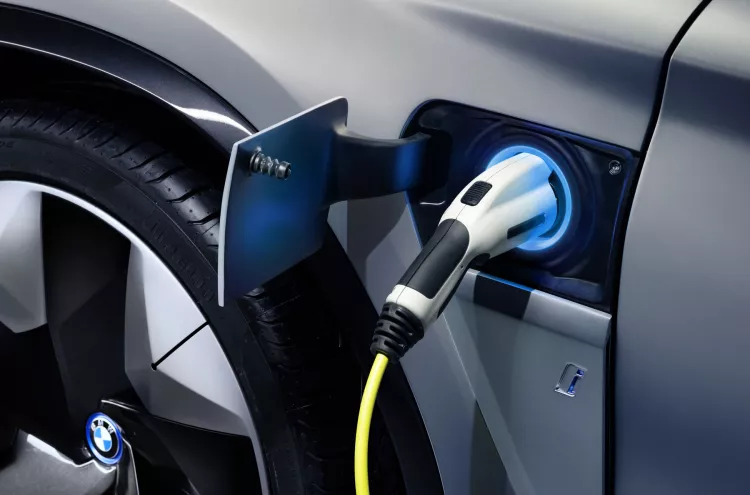The Indian government has decided to cut VAT on electric vehicles from 12% to 5% and charging stations from 18% to 12%. In addition, the purchase of electric buses by the municipalities is exempt from VAT.
The changes will come into force on 1 August 2019. The VAT on petrol and diesel remains at 28 percent. With the tax cut, the Indian government wants to reduce the price difference between the two types of power in order to make electric cars more affordable.
However, an exemption from the registration fee for electric vehicles, which was discussed in June, was not decided. Reports are still in the room to increase the registration fee for gasoline and diesel.
However, the Federal Bureau of Indirect Taxes (abbreviated to GST) has made the condition that the vehicles have at least 12 seats eligible for the tax exemption for electric buses. The Indian government wants to promote not only renewable energy, but also clean traffic.
Schenker Åkeri, one of Sweden's largest trucking companies, has boldly moved to electrify its fleet of light delivery vans. The company has ordered 32 Mercedes-Benz eSprinter electric vans to replace its diesel-powered vehicles for… Continue reading
Green turn for Germany, which puts on the table a maxi plan for the reduction of polluting emissions. A package that includes 360-degree interventions, some of which are dedicated to electric mobility. Overall, this ambitious plan will see an investment of… Continue reading
Electric Vehicle (EV) giant BYD (Build Your Dreams) has set its sights on a new market – Greece. On March 22nd, 2024, the company officially debuted its electric cars in the Greek market, marking a… Continue reading
The new Suzuki Across plug-in hybrid SUV is due to go on sale in Europe this autumn. It is the first product of the partnership with Toyota. This plug-in hybrid is based on the current Toyota RAV4 generation. The Suzuki… Continue reading









